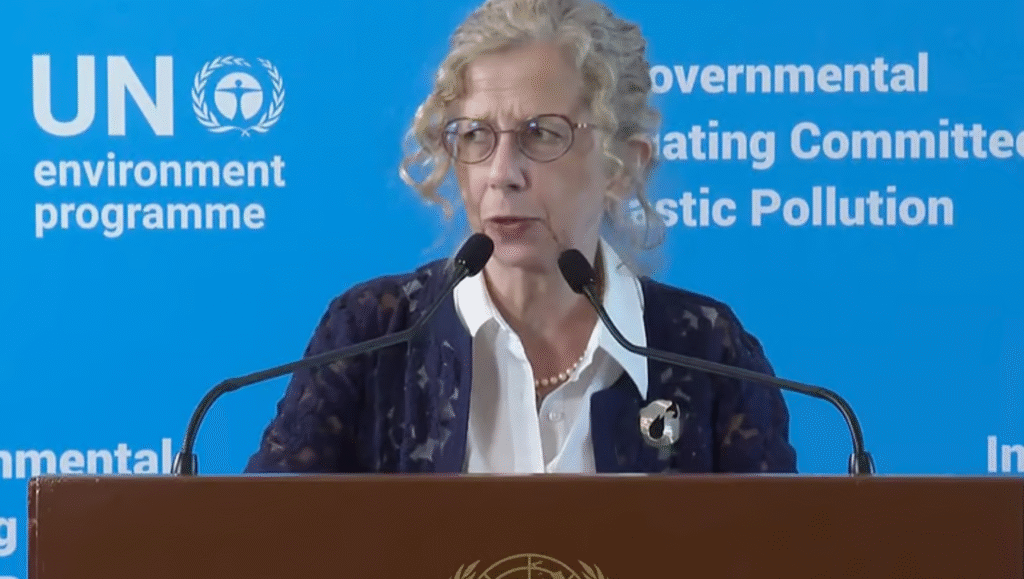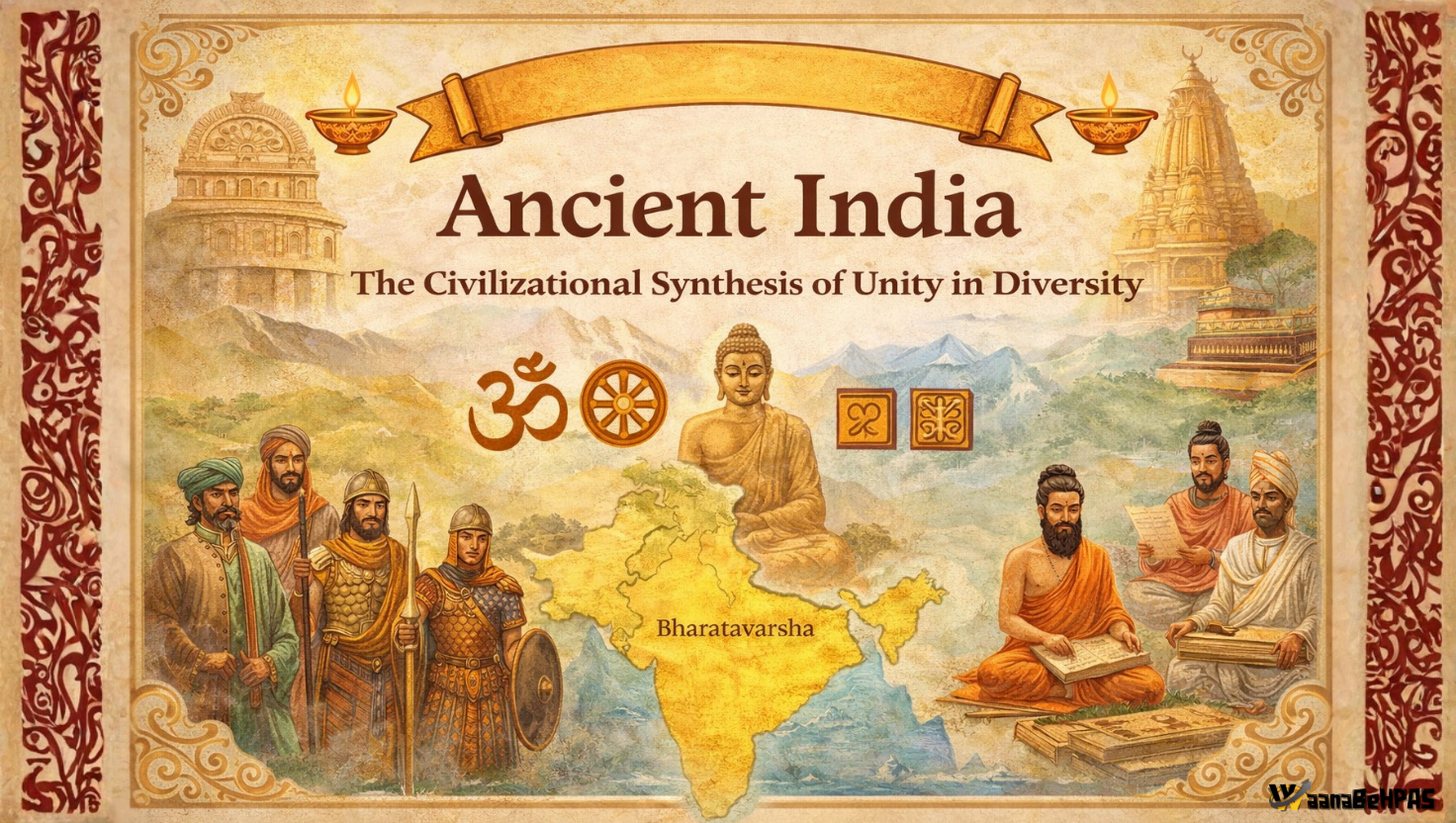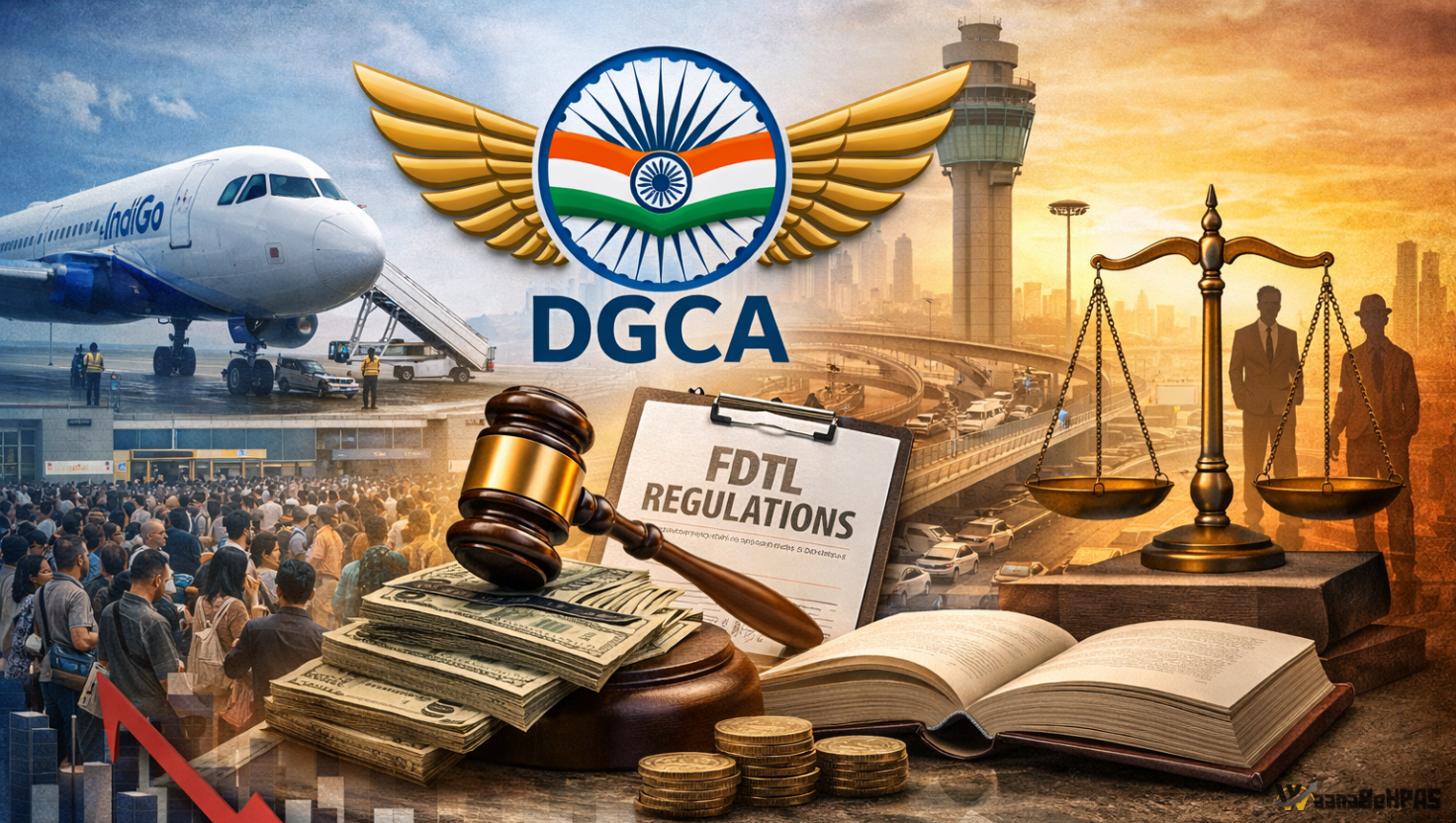Global Plastic Treaty Deadlock in Geneva
Syllabus: Environment (UPSC GS III)
Source: Down to Earth
Context:
The Global Plastic Treaty talks in Geneva ended in another deadlock—the second time in eight months—due to sharp differences over scope, ambition, and binding rules against plastic pollution.
What is the Global Plastic Treaty?
- A proposed legally binding global agreement to control plastic pollution across its life cycle—production, use, and disposal.
- Led by the Intergovernmental Negotiating Committee (INC) under UNEP.
- Aim: To reduce plastic waste through production limits, safer chemical use, improved waste management, and support for developing nations via finance and technology transfer.
Why is a Plastic Pact Needed?
- Environmental urgency – Plastics persist for centuries, harming oceans, soil, and biodiversity.
- Human health risk – Microplastics enter food and water; additives disrupt organs and hormones.
- Climate link – Plastic is fossil fuel–based and adds to greenhouse gas emissions.
- Economic burden – Damages fisheries, tourism, and agriculture while straining waste budgets.
- Global nature – Plastic travels across oceans and borders, requiring global cooperation.
Why Did the Talks Fail?
- Scope disagreements – Some want production cuts; others resist life-cycle measures.
- Country blocs divided:
- High Ambition Coalition (EU, UK, Norway, etc.) – Push for binding production caps, chemical restrictions, and health safeguards.
- Like-Minded Group (oil producers incl. Saudi Arabia, Russia, Iran, Kuwait, supported by China & India) – Oppose caps, stress development needs.
- Disputed provisions – Resistance to banning single-use plastics and binding polymer rules.
- Finance disputes – No consensus on fair funding, tech transfer, or responsibility sharing.
- Consensus roadblock – A few nations blocked progress due to consensus-only rule.
- Weak draft – Focused more on voluntary steps than binding commitments.
The Way Forward
- Decision-making reforms – Keep consensus as a norm but allow voting to avoid paralysis.
- Balanced design – Mix environmental goals with development needs; ensure just transition.
- Science-based targets – Global caps on harmful plastics and toxic chemicals.
- Support for developing countries – Finance, technology, and capacity building.
- Health safeguards – Treaty must cover direct and indirect health impacts.
- Global integration – Align treaty with other environmental agreements for coherence.
Conclusion
The Geneva deadlock shows the difficulty of solving global environmental crises through consensus-based talks. Unless negotiations balance ambition with equity and introduce decision-making reforms, the treaty risks being weak. The costs of delay in tackling plastic pollution will be far greater than the challenges of agreement.











